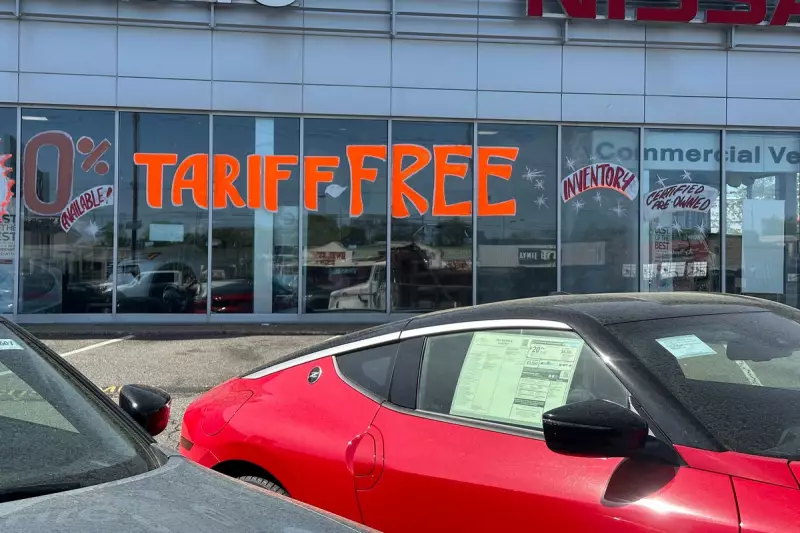
Experts are warning that former President Donald Trump's proposed tariffs on imported vehicles could have an unexpected consequence: a sharp rise in car insurance premiums for millions of Americans.
The potential policy, which would impose a 10% tariff on all imported cars, could drive up the cost of vehicle repairs and replacements—expenses typically covered by insurers. As a result, insurance companies may be forced to pass these additional costs onto consumers.
Why Tariffs Could Hit Your Wallet
According to industry analysts, the tariffs would increase the price of imported vehicles and parts, many of which are essential for repairs. With higher costs for materials and labour, insurers would likely adjust premiums to reflect the increased financial risk.
"When the cost of claims goes up, so do insurance rates," said one automotive insurance expert. "If tariffs make cars and parts more expensive, insurers will have no choice but to raise premiums to stay profitable."
Who Would Be Affected?
The impact wouldn't be limited to owners of imported vehicles. Even drivers with American-made cars could see higher insurance costs, as many domestic models rely on imported components. Additionally, the tariffs could disrupt supply chains, leading to delays and further price hikes.
- Owners of imported vehicles face the highest risk of premium increases.
- Domestic car owners may also see rising costs due to reliance on foreign parts.
- Luxury and electric vehicles, which often use specialised imported components, could be hit hardest.
Political and Economic Fallout
The proposal has already sparked debate among policymakers. Supporters argue that tariffs would protect US auto manufacturing jobs, while critics warn of broader economic consequences, including inflation and strained trade relations.
With the 2024 election approaching, the issue could become a key talking point, especially in swing states with large automotive industries.
For now, drivers are advised to keep an eye on developments—and possibly brace for higher insurance bills.





